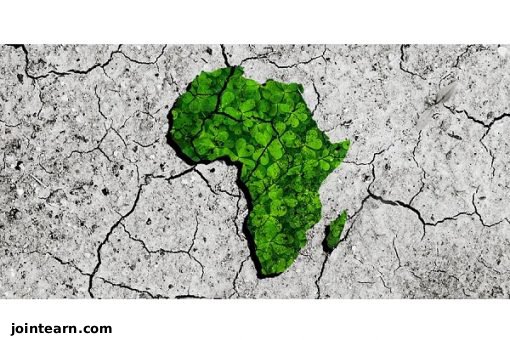
Africa faces a critical paradox in its climate journey: while decarbonisation is essential for global climate goals, the continent still struggles to provide reliable electricity to millions, with coal remaining a key energy source. George Asamani, Managing Director of Project Management Institute (PMI) Sub-Saharan Africa, warns that Africa’s green shift could create redundancies as quickly as it creates jobs if workforce planning is neglected.
He noted that while global discussions focus on policy and finance, human capability is the real make-or-break factor. Without deliberate reskilling, workers from the fossil-fuel sector may be left behind, even as new clean-energy roles emerge. The International Energy Agency (IEA) projects that globally, 13 million fossil-fuel jobs could disappear by 2030, while 30 million clean-energy jobs are created—mostly in countries already producing renewable technologies.
South Africa exemplifies the challenge: around 100,000 coal miners and power-plant workers may face redundancy. Many are semi-skilled, and their expertise doesn’t automatically transfer to renewable-energy projects. Asamani stressed that reskilling is essential to ensure a just transition, turning experienced coal plant supervisors and engineers into leaders for renewable-energy projects.
Positive steps are underway across Africa:
- Nigeria: Oil and gas engineers are being redeployed to solar and energy-efficiency initiatives.
- Kenya: Geothermal expansion has absorbed technicians from thermal power.
- Rwanda & Morocco: Energy workforce programs have transitioned engineers to hydropower and wind projects.
- Ghana: Hydropower and thermal engineers have been retrained for solar and hybrid energy operations.
The PMI Gap Report (2025–2035) projects that Sub-Saharan Africa will need 1.6–2.1 million additional project professionals by 2035—a 75% increase—highlighting a major skills gap in construction, energy, infrastructure, and technology sectors.
Asamani emphasized that a successful green transition requires both talent and capacity building. Integrating project management training into climate finance and just transition strategies is critical, ensuring that energy transition projects are efficiently delivered and sustainable. PMI is actively collaborating with governments, universities, and industry to embed project management frameworks and curricula, preparing Africa’s workforce for the green economy.
“If climate investments continue to outpace human investments, the gap between ambition and delivery will only widen,” Asamani warned.
Africa’s green transition can succeed—but only if skills development keeps pace with climate ambition, turning vision into viable, inclusive, and sustainable action.


Leave a Reply